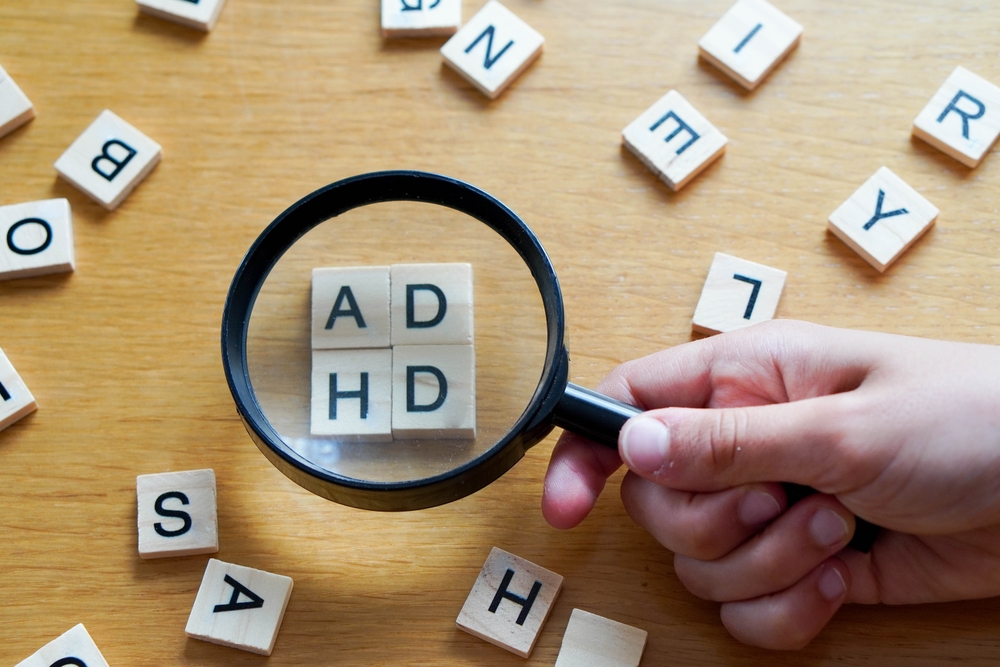
If you know what living with ADHD is like, then you know how difficult it is. It often feels like your brain is juggling too many things at once. It is not just about struggling to focus; it is about how ADHD affects how you manage time, handle emotions, and tackle daily tasks.
When you understand the patterns of ADHD, you will be in a better position to navigate day-to-day challenges.
Explaining Core Challenges
ADHD impacts your brain’s executive function, which is responsible for managing tasks. This makes simple things like getting started on a task feel overwhelming. Switching between activities can also be a sudden challenge. With ADHD, working memory struggles are common, so things often slip your mind. Your impulse control can also fluctuate throughout the day.
How This Looks Day-to-Day
ADHD can create challenges in personal and professional settings. Here is how it might show up in your routine:
Morning Chaos — Deciding what to wear or making breakfast can become a struggle, starting the day on a stressful note.
Time Blindness — Despite your best intentions, you are often running 15 minutes behind, no matter how hard you try to stay on schedule.
Homework Headaches — Staring at assignments for hours without starting them is common, making it hard to stay on track.
Money Troubles — Impulse buys can quickly drain your budget, leaving you with little control over your finances.
Relationship Strains — Interrupting conversations accidentally can cause tension and lead to misunderstandings with loved ones.
Why These Patterns Happen
ADHD affects your brain’s ability to process dopamine. This is a key player in motivation and reward. Your brain craves dopamine intensely, but mundane tasks do not provide enough of it. As a result, your brain often gets drawn to more exciting or stimulating things. Time can feel like it is either “now” or “not now,” making it hard to manage long-term planning. Emotional regulation can also take a lot more mental energy than it would for others.
Helpful Strategies That Work
The key to managing ADHD is structure; it is your anchor, not your enemy. Here are adjustments that can help:
Externalize Reminders — Set alarms to remind you that it is time to get to important tasks.
Chunk Tasks — Break down big tasks so they become small and more manageable.
Movement Breaks — Take a walk while brainstorming. Fidgeting with tools during meetings can help keep your focus sharp.
Body Doubling — Have someone nearby while you work on tasks.
Instant Forgiveness — Mistakes happen. When they do, reset quickly without guilt or shame.
Getting Professional Support
ADHD coaching can teach practical skills for managing everyday challenges. Therapy can help with emotional regulation and improve self-esteem. Medication can be a big help for many, significantly improving focus. Support groups also reduce feelings of isolation by connecting you with others who understand your experiences.
The Bright Side Often Overlooked
Many people know of the challenges ADHD poses; however, did you know it brings some surprising strengths? Hyperfocus allows you to solve problems creatively and see details others might miss. Your enthusiasm will bring energy to group projects, and your adaptability will shine during unexpected crises.
For more on ADHD, visit Comprehensive Counseling Services, LLC. Call (850) 480-0900 to book an appointment today.
https://www.webmd.com/add-adhd/ss/slideshow-adhd-life
https://advancedpsychiatryassociates.com/resources/blog/understanding-adhd





